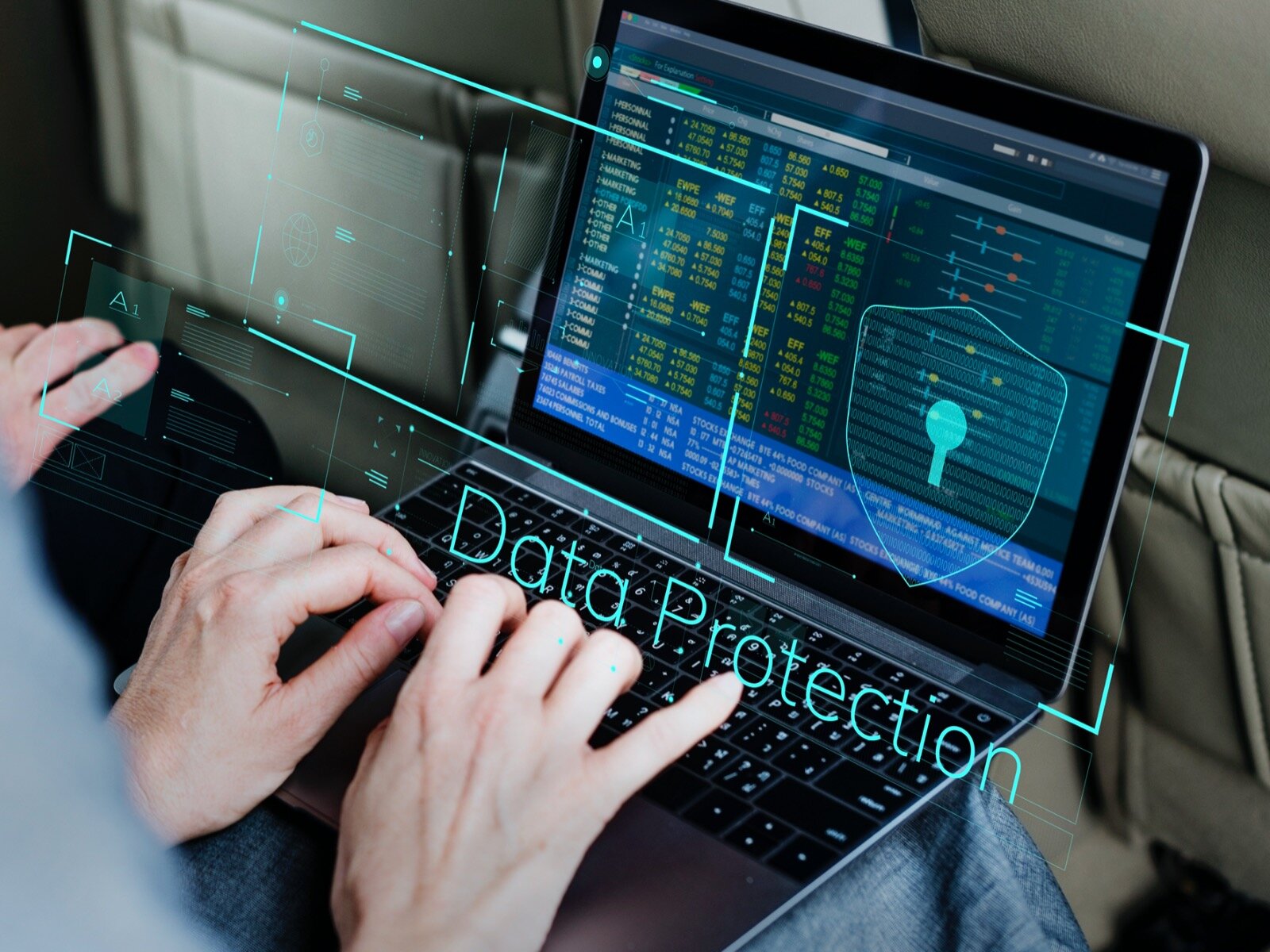If you’re like most people, you rely on the internet for just about everything – banking, streaming music, staying connected with friends and family, and so much more. Our households have more technology than ever from computers and tablets to Amazon Echos and Bluetooth refrigerators. And if you’re like most people, you assume your data is fairly safe on the web.
But is it?
With the recent boom in internet usage, especially with more people online at home more than ever during the pandemic, we’re here to make sure you (and your data) stay safe.
On our latest episode of the Keeping It Local Podcast powered by First Federal Bank, we’ll discuss how to protect your data in a digital world, identify cyber risks (and how to mitigate them), give helpful tips for avoiding scams and more. I asked experts Mike Venaccio (VP Bank Technology Solutions, UFS), Amy Radue (Director of Risk Management, UFS) and Dan Loppnow (Information Technology Manager/Cybersecurity Officer, First Federal Bank) to hop on the mic and share some tips and tricks.
Key tips to keep yourself protected
Have an awareness of how you are connected: At home, we can be very connected with streaming devices, Bluetooth connections, laptops, tablets, smart homes, etc. Make sure you know what is all connected to your internet connection, have secure passwords and be aware of what personal information you are sharing throughout all these devices.
Update your passwords: Don’t stay complacent with passwords. Make sure you are regularly updating your passwords from your Facebook page to your bank account, even adding a password on your phone can keep you more secure.
Clicking without thinking: As we browse the internet or scroll through social media, we oftentimes put ourselves on autopilot, which can put yourself in danger. It takes one click to get yourself in a situation to be compromised.
Be on the lookout for spoofing/hackers: Hackers are always looking for new ways to exploit people, whether it’s an SMS spoof or a phishing email that looks like Amazon or your bank. If an unfamiliar email address is asking for your banking information, this should be a red flag. Your bank will never call you and ask for personal information. Be conscious of this. If something looks suspicious, call your bank or contact the appropriate person to confirm the request.
Seek out information: Look for reputable news sources when you are searching for information. Avoid clicking on the information that comes to you. This can lead to being taken advantage of through things that matter to us like the pandemic or stimulus checks.
Keep your devices up to date: Phones, computers and more need to be consistently updated with the latest software, and you need to make sure you keep them updated. Outdated devices are at a higher risk of a cyber attack. Even adding personal firewalls to your devices is a good way to protect yourself.
Know your digital footprint: Whether you are posting photos, writing blogs or sharing information over social media, be conscious of what you are posting and actively think if you want this information to live on the internet.
Secure your social accounts: Go into your settings on your social media accounts and double-check what information you are sharing with the platform. You may be surprised to see what the default settings are on those platforms.
Click here to listen to all episodes, or listen and subscribe using Apple Podcasts, Spotify, Google Podcast or Stitcher.







